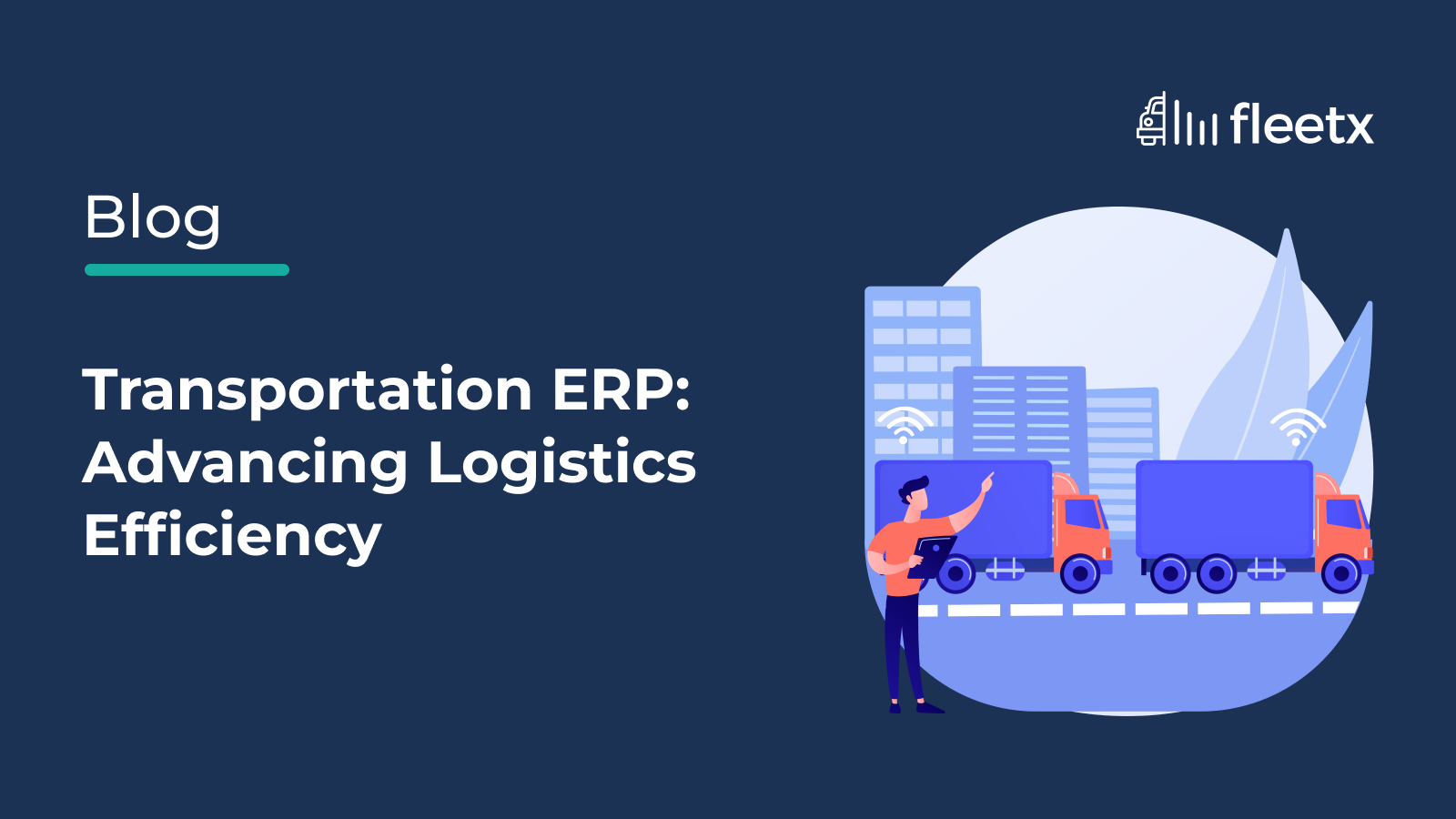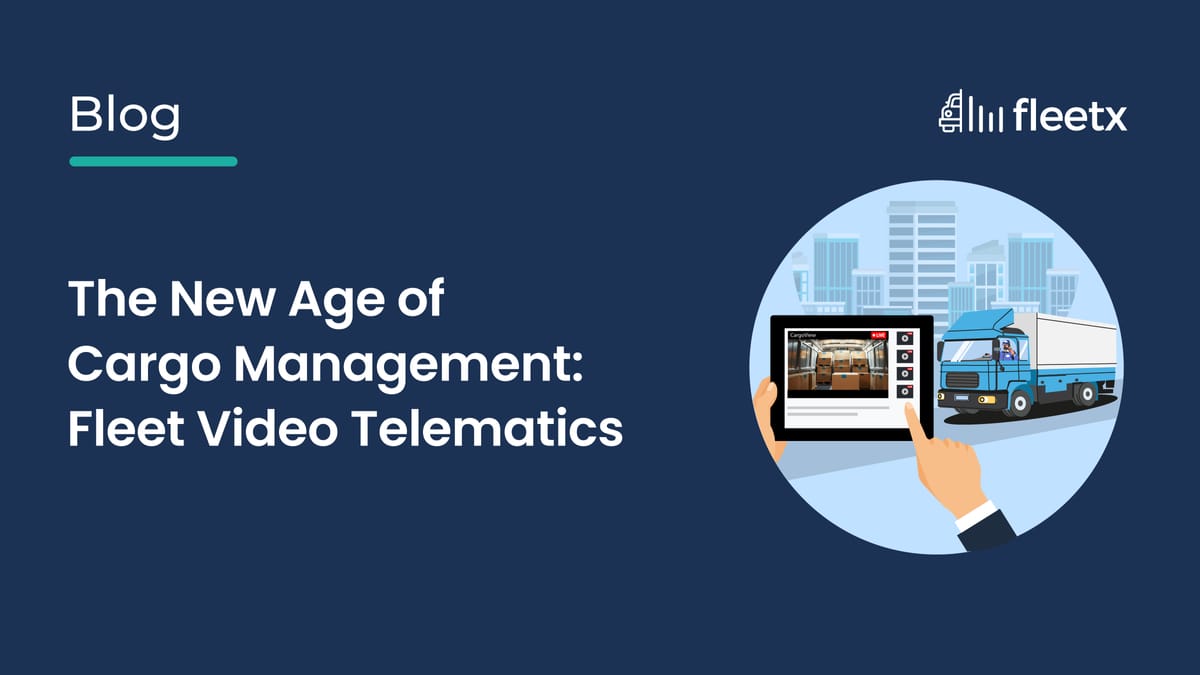
As India’s logistics sector continues to grow and evolve, the adoption of Transportation Management System is becoming increasingly crucial for businesses looking to stay competitive. Rising customer expectations, increasing pressure to reduce costs, and the need for greater visibility are pushing enterprises to embrace technology-driven solutions that can deliver faster, more reliable, and cost-effective logistics services.
With the rise of AI-powered technologies, smart analytics, and real-time data visibility, more companies are embracing TMS. This software helps optimize transportation operations, reduce costs, mitigate risks like theft, and significantly improve efficiency. Let’s explore why TMS adoption is gaining momentum across industries and how it can address the pain points of logistics in India.
Rising Logistics Costs: A Major Concern
India’s logistics costs in 2021/2022 were in the range of 7.8% to 8.9% of the national GDP in 2021/22, compared to 8.8% to 10% in 2012/13. This improvement can be credited to the Government’s efforts to improve road networks, introduce tax reforms and encourage digitisation of supply chains. But there is still lots of work to be done - high fuel prices, inefficient infrastructure, and fragmented supply chains contribute to avoidable and recurring expenses. Many companies also incur additional costs due to delays, poor routing strategies, and mismanagement of resources.
A TMS can significantly reduce these costs by optimizing routes, improving asset utilization, and streamlining scheduling. By automating route planning, TMS ensures that drivers take the most efficient paths, avoiding traffic congestion and reducing fuel consumption. Additionally, TMS can help consolidate shipments, optimizing load capacities to reduce empty kilometers—a key contributor to high transportation expenses.
Cargo Theft: A Persistent Challenge in Indian Logistics
Cargo theft remains a significant threat in India’s logistics sector, leading to financial losses, delayed deliveries, and damaged reputations. Cargo theft in India results in losses worth crores annually, affecting not only the goods in transit but also the trust enterprises place in their logistics partners.
By providing real-time tracking of vehicles and shipments, TMS ensures constant visibility into the location and status of assets. Geo-fencing technology alerts businesses when vehicles deviate from their designated routes or enter restricted areas, allowing for immediate action in case of suspicious activity.
The combination of GPS tracking, geo-fencing, and automated alerts creates a proactive security environment, allowing businesses to monitor their fleets in real-time and reduce theft-related losses. Such technology not only safeguards assets but also improves customer confidence, ensuring reliable and timely deliveries.
Addressing Operational Inefficiencies
Operational inefficiency is another pressing concern for Indian enterprises involved in logistics. Inefficiencies often result from poor fleet utilization, manual processes, and lack of coordination between stakeholders. These factors lead to unnecessary delays, increased fuel consumption, and missed opportunities for optimization.
A Transportation Management System brings much-needed automation to logistics operations, transforming manual, paper-based processes into streamlined digital workflows.
TMS systems also encourage collaboration between shippers, carriers, and customers by integrating all aspects of transportation into a single platform. This creates a seamless flow of communication and coordination, reducing delays caused by miscommunication and enabling real-time updates for all parties involved. With a well-implemented TMS, companies can manage their fleets more effectively, ensuring optimal vehicle utilization, reducing idle time, and improving the overall efficiency of logistics operations.
Leveraging AI and Data for Smarter Logistics
One of the key strengths of modern TMS solutions lies in their ability to harness AI and big data to drive decision-making. Fleetx’s TMS platform, for example, integrates AI-driven analytics that can predict demand fluctuations, identify bottlenecks, and suggest optimal routes based on real-time traffic.
By leveraging these capabilities, businesses can make data-backed decisions that optimize fleet operations and enhance overall supply chain performance. Predictive analytics helps enterprises anticipate future logistics challenges, such as peak traffic hours, and proactively adjust their plans to avoid delays. This level of foresight allows businesses to maintain high levels of efficiency, even when dealing with unpredictable factors that traditionally disrupt logistics.
Moreover, AI-powered TMS solutions can continuously learn and improve by analyzing historical data, enabling businesses to optimize their logistics strategies over time. This results in a more adaptive and responsive supply chain that can evolve with changing market conditions and customer demands.
Conclusion: Time to Transform with TMS
A Transportation Management System is no longer a luxury for Indian enterprises—it’s a necessity. Companies that adopt TMS are better equipped to tackle rising logistics costs, prevent theft, and optimize their operations for greater efficiency. With the added benefits of AI-driven insights, real-time tracking, and predictive analytics, TMS solutions like those offered by Fleetx are transforming how businesses approach logistics.






